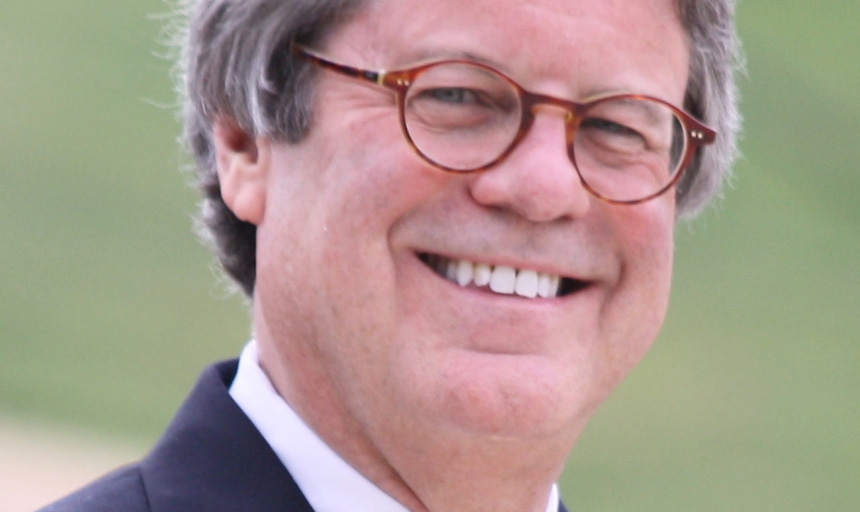Explaining Eisenhower
December 04, 2014

Douglas Clark '72 makes debut as author with book about President Dwight D. Eisenhower.
From time to time, Roanoke College magazine has included news about alumni who have had books published. But in the past year, the number seemed to swell, as did the variety in literary style and genre. Douglas E. Clark '72 is one of several alumni whose recently released books represent that diversity.
Douglas E. Clark '72 decided it was time to set the record straight.
For five years, from 1948 to 1953, former U.S. President Dwight D. Eisenhower was president of New York's prestigious Columbia University. But historians claim that he was an ineffective academic leader who largely was absent as speculation ran rampant that he would run for president of the United States.
Clark was not convinced of these opinions.
As a doctoral student at the University of Pennsylvania, Clark, who majored in political science at Roanoke College, dug deep into the truth of Eisenhower's reign at Columbia. He listened to oral history transcripts, read academic papers housed at Columbia, the Library of Congress and the Eisenhower Presidential Library and Museum, and conducted other research.
The result was Clark's dissertation, and last year, his debut as an author, with the book "Eisenhower in Command at Columbia."
The book, which is Clark's analysis of the former president's leadership, debunks historians' opinions of Eisenhower's academic role.
Through his research, Clark, who is vice president for enrollment services and assistant to the president for government relations at Ferrum College in Virginia, found that Eisenhower was a more effective university president than many believe.
Eisenhower frequently visited classrooms and spoke to students, assuming a kind of symbolic leadership, he said. Also, the president would strike up conversations with faculty members, asking about their research and work.
"He wanted to get a sense of what future leaders in the faculty would need to progress in their careers," Clark said.
The book contains much insight for current college presidents and others with administrative roles in higher education.
"It's little things that presidents do and say that can have a lot of symbolic meaning," said Clark. "That is probably the biggest takeaway for me."
- Jenny Kincaid Boone '01